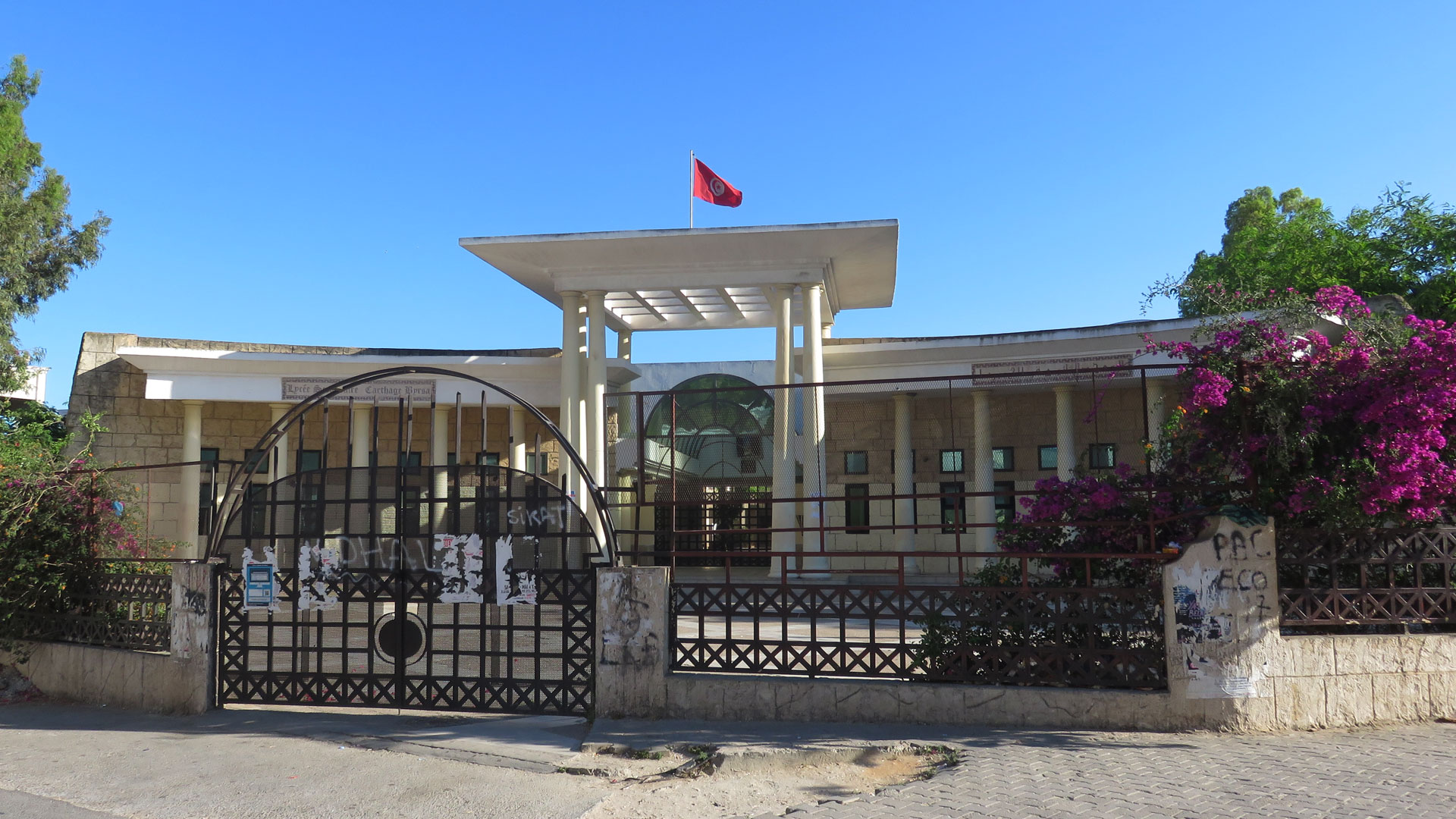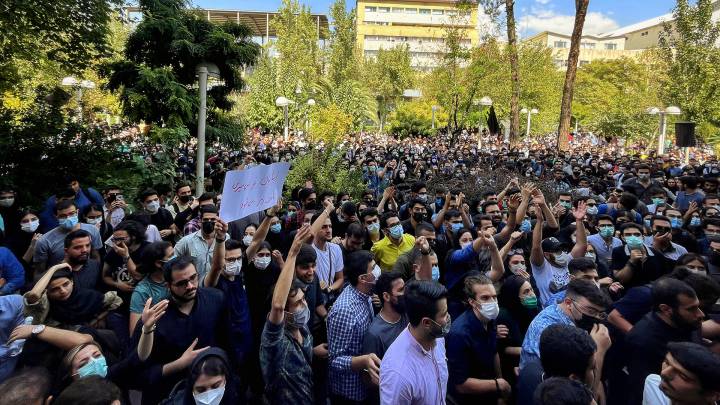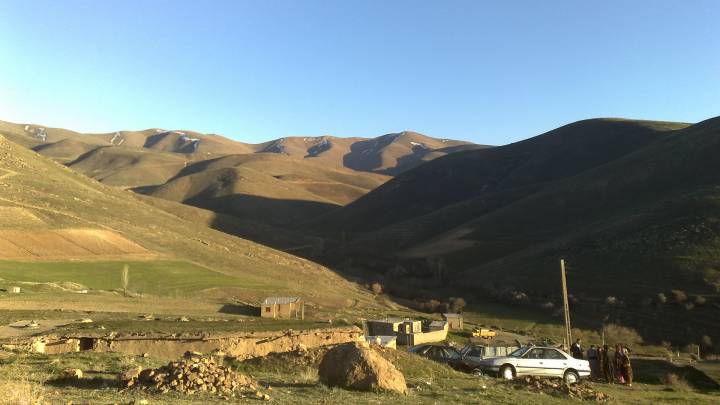In a country of social unrest, high youth unemployment and ever-present terrorist threats, improving its education system should be the priority for Tunisia. But education reform hit a rocky patch under the rule of an inconstant minister.
When Tunisia’s Minister of Education, Neji Jalloul, was sacked on April 30, many were glad to see him go. Jalloul had been engaged in a series of disputes with the powerful Tunisian General Labour Union (UGTT) that lasted for several months. While some others saw his sacking as a weak move on the government’s part, parents and teachers alike hope his departure will mark a new beginning for Tunisia’s education reform, removed from the country’s congested politics.
Jalloul bungled a key concern for post-revolutionary Tunisia. Like many countries in the MENA region, its education system under-performs. Its problems include teaching by memorisation and inadequate resources, shortcomings that feed into problems directly linked to Tunisia’s recent political turmoil. The uprisings that began in 2010 were mainly motivated by high rates of unemployment, especially among the youth in interior regions, along with corruption and the general lack of freedom. Many experts agree that the high unemployment rates are due to the education system being poorly adapted to the job market, meaning graduates are unable to find work. In 2010 – and again today, with ongoing protests in the south of the country – they showed their dissatisfaction by protesting.
He shouldn’t have been sacked for personal reasons, but for the random decisions he was taking.Jalloul had been a polarising figure as a minister from the start, and teachers and students questioned his decision-making, saying they suffered from actions that seemed to be random and not well-studied. “[Jalloul] made decisions randomly. Afterwards, when he discovered that these decisions were bad, he sent us new ones saying the previous ones were cancelled,” says Raja Jerbi, a teacher in La Marsa, a coastal, mostly upper-class northern suburb of Tunis.
Among the many changes he made in his two years and two months on the job, Jalloul updated working hours in such a way that it became impossible for teachers to give exams without having to ‘borrow’ hours from their colleagues. “Another example is the books that were hastily printed for the first and second years of primary school. They were full of [grammatical] errors and false information, so they had to stop working with them, of course after spending the money to print them for no reason,” adds Jerbi.
Students were also affected by the changes. Sitting on stairs near the Carthage Byrsa School where he studies, some 100 metres from the historic Punic port of Carthage, Ismail Essid, a baccalaureate mathematics student, says changes shouldn’t be brought into effect with short notice during an academic year. “Last time they also made some important changes during the year. These things disorientate us.” His friend, who wishes to remain anonymous, adds, “We used to have two-week holidays to prepare for the exams, but now it’s only one week and it’s not enough with the amount of material we have. It’s really a big issue for us.”
Jalloul became deeply unpopular, and not only for his work in education. A comment he made expressing support for a Tunisian soldier who took a selfie with dead terrorists following the failed insurgency attempt by ISIS in the southern Tunisian town of Ben Guerdane in March 2016 – Jalloul said he would buy a t-shirt with that picture printed on it – was widely shared on Facebook and offended many Tunisians. But in the end, parents and students grew tired of what they saw as nothing more than a political game between the minister and the UGTT, the union which was part of the quartet that won the 2015 Nobel Peace Prize.
“The whole thing changed from teachers calling for Jalloul to make better considerations with his reforms to their calling for his eviction just because they don’t like him as a person. He shouldn’t have been sacked for personal reasons, but for the random decisions he was taking,” says Nour-Saida Harzallah, a baccalaureate student at the Monastir Pioneer School.
The real challenge lies ahead
But while the sacking of Jalloul may alleviate some political pressure, the real challenge lies ahead. Upgrading school infrastructure, for instance, requires large amounts of money while the country faces an economic crisis. Nour-Saida recalls how, a couple of years ago, a low-magnitude earthquake hit her school in Monastir, a coastal tourist city some 160 kilometres south of Tunis. The seismic shock was enough to cause parts of the old block of the school to crumble. “There was also too much rain once, and the pipes in the roof were so filled with water it ended up falling down.”
The situation is even bleaker in rural areas. Some schools don’t have running water, and in Kasserine, in the centre of the country near the border with Algeria, there has been an outbreak of hepatitis A among schoolchildren, caused by lack of hygiene and clean drinking water. When zenith visited a school in a small village in the mountains in Kasserine Governorate in September 2016, locals complained that promised government funds for a health clinic had never arrived, while some teachers refused to teach at the school because of the security situation. Rural schools are often difficult to access for children, who have to walk for several kilometres, says Cherifa Mediouni Harzallah, the mother of Nour-Saida. “How can you ask them to concentrate after that?” she asks.
Despite the change at the top the revolution brought, transforming Tunisia’s institutions has proven more difficult. Freedom of speech and to protest is seen by many as the only real gain of the revolution, allowing open criticism of the ineffective education system and calls for its urgent reform, something that would have been impossible under the Ben Ali regime.
But criticism has not translated into solutions. The problems are as varied as they are difficult to handle, ranging from infrastructure and pedagogy to overloaded programmes and, more recently, politicisation of the issue. Reforming the education system is a process that will take years to start delivering results, and the first step is to correctly identify the main issues, according to one official at the Ministry of Education. Serious efforts at reform are already underway, he says, but it is still early to talk about results. One area of progress has been the identification of new issues to tackle, including school management, which were not thought of as priorities before.
Some teachers have already made up their minds about which areas to cover in order to make education better. “We have to enhance language learning and make it a priority, in-depth and not superficial,” says Samia Sehili Zeramdini, a classical and modern literature professor and innovation officer at the International School of Tunis, adding that schools must also completely rethink their approach, covering everything from the layout of the classroom to continued training for teachers.
Harzallah says there is a total absence of parents in the debate on the reform of education, and she sees the union focused on politics, not outcomes. “The UGTT has to defend the rights of the people, not dictate who the minister is and who the director is and whatnot.”
At the time of writing, protests have been ongoing for several weeks in the southern governorate of Tataouine; they recently turned violent, and one protester died. The town where some of the desert scenes in Star Wars were filmed (it was the home of Luke Skywalker) suffers from high unemployment rates, as do several other regions that have also witnessed similar protests. The basic demand shared by most of these is: more jobs.
Experts believe improvements in the education system would lower youth unemployment rates. It will help tackle Tunisia’s high rate of youth radicalisation too. The only question is whether slow-moving reform and deployment of government investment in rural areas will come in time for the protestors in Tataouine.





